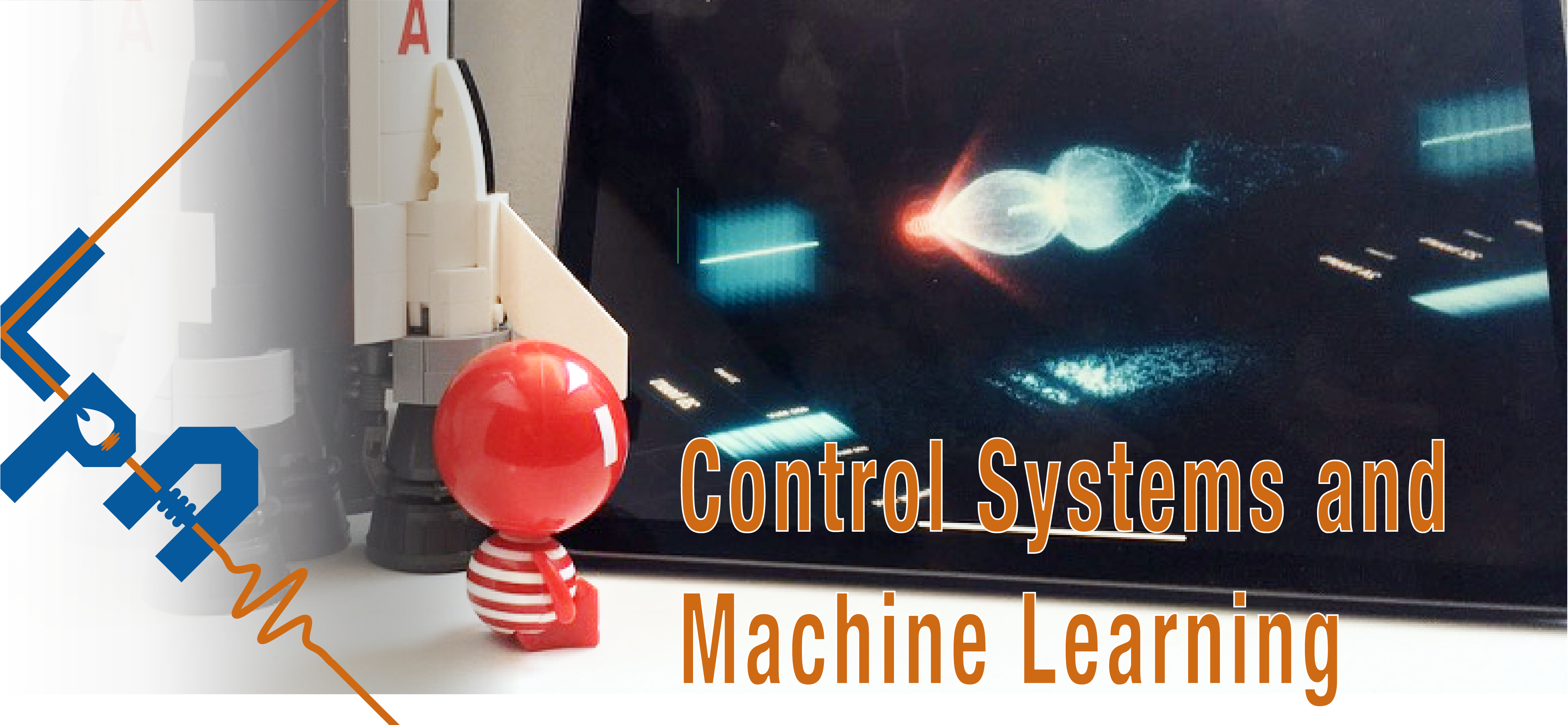Sprecher
Beschreibung
Experimental research of the laser plasma acceleration processes and properties of beams is important and at the same time requires a lot of resources to perform highly complex experiments and analyse the obtained data. A surrogate of an experiment provides novel insights into the experimental study of laser plasma acceleration and promises optimization of the experiments. A reliable surrogate model could provide an overview on the gained diagnostics from the point of data stability that was observed and optimization of the next experiment conducting. In our work, we developed a surrogate model that predicts distribution of target diagnostics by the input set of parameters that relate to experimental facility. We developed a conditional invertible neural network for experimental data obtained from two processes of acceleration, the target normal sheath acceleration (TNSA) as well as laser wakefield acceleration (LWFA). These processes correspond to completely different physical phenomena and applicability to both of them demonstrates the large domain of use for the chosen method. We found a significant benefit of conditional invertible neural networks is its ability to learn an approximation of data-dependent posterior distribution resolving even ambiguous configurations. Achieved results demonstrate that the model is able to resolve ambiguities of the data through the prediction of a posterior distribution and provide insights on the gained experimental results.
